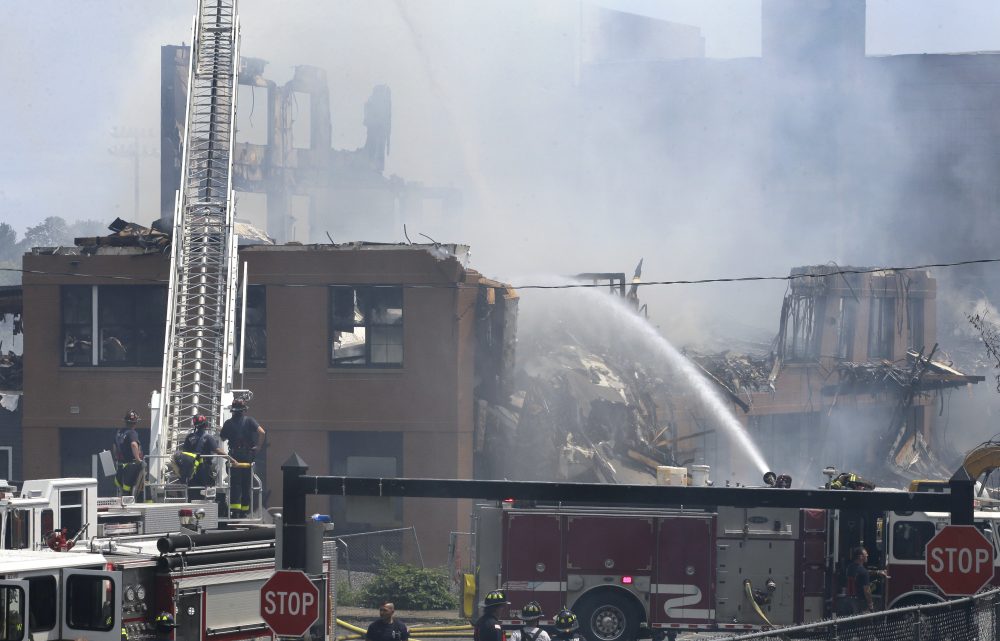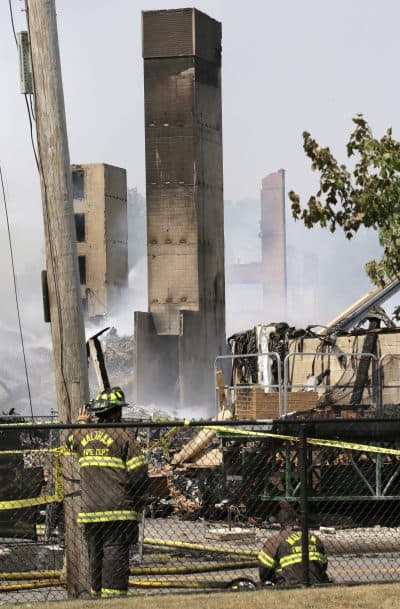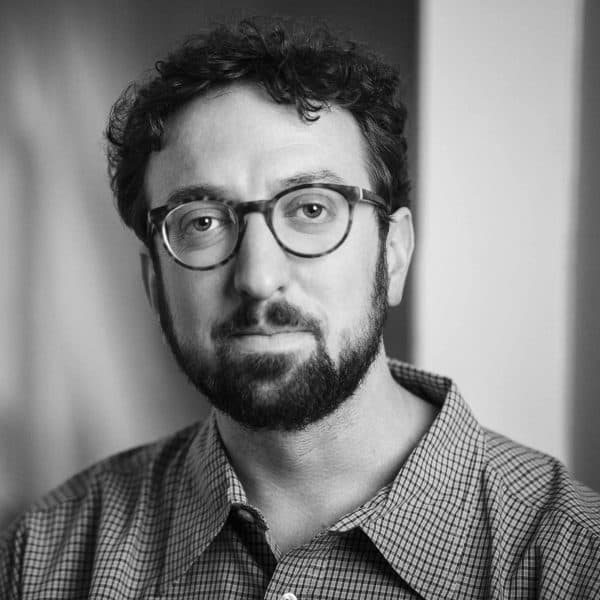Advertisement
Commentary
A Disaster Waiting To Happen: The Potentially Deadly Risks Of Over-Development

Last December’s Ghost Ship warehouse blaze took 36 lives in Oakland, California. Seven months later, the Grenfell tower fire in London took over 80. Both conflagrations have been followed by pitched civic battles about the right to safe and affordable housing in rapidly gentrifying cities. It is clear that their local governments have struggled to ensure access to either.
As the Boston area undergoes a similar development boom, these are not just horrible stories that reach us from afar. We should be asking the same questions, but doing it before something just as bad happens here.
Fair warning came last weekend, when a $43 million luxury apartment development went up in flames along the Charles River in Waltham, nine miles west of downtown Boston. Sandwiched between community housing, a residential neighborhood and national historic landmark, the five buildings were still under construction when they burned.
With no fire suppression system in place yet, the whole site was incinerated in a matter of hours. It is rumored to have been the largest fire in the city’s history and yet miraculously, only two firefighters sustained minor injuries despite the risks that many took to ensure the safety of the neighbors.

Their selfless response is all-the-more notable because it contrasts so greatly with the process that allowed this complex to be built in the first place.
The 264-unit development is one of many massive luxury apartment projects to receive the green light from the Waltham City Council in recent years. At first glance, it might look like the city ran a professional process in vetting it. The developer met all the application requirements and appeared before each board and commission, including one I was chairing when the project was first proposed in 2014.
In actuality, however, the outcome seemed predetermined. Despite rumblings that there were problems with the proposal — especially regarding its proximity to the river and adjacent buildings — the city council forged ahead. They appeared keen to approve it at all costs.
Along with serious flaws in the permitting process, there were, and still are, significant problems with building codes. This makes fast-tracked projects riskier than they already are. For instance, current state building codes allow for the wood-frame construction that was used in Waltham, along with a Dorchester complex that burned in June.
Advertisement
Local politicians are quick to fault codes when things go wrong, but their eagerness when projects are first proposed gets at the heart of the problem. At ribbon cuttings across the region each day, these officials embrace a simplistic symbol of progress as defined by new towers and buildings jammed every which way, even though their methods may put citizens at risk.
One way to resolve these problems is to do just what beneficiaries of fast development don’t want during a boom: Demand a slow, highly inclusive, deliberative and community-run process led by city planners.
But we also a need to challenge our approach.
In pursuit of new development, we overlook the state’s countless surplus buildings, many of which are fit for redevelopment.
In pursuit of new development, we overlook the state’s countless surplus buildings, many of which are fit for redevelopment. Instead of constructing new buildings, reuse of existing properties would show a sensitivity to the existing fabric of our communities and in many cases, keep the density of development at safer levels.
In the case of the Waltham fire, investigators said Monday that there is no foul play suspected in what happened. Given the story behind its development, however, it’s hard to agree with that conclusion. It’s simply that the foul play was frontloaded, occurred right before our eyes, and thankfully dozens of people weren’t killed.
Luck isn’t enough. We should apply a simple rule to the folks who would allow a project to go through with so few checks and balances. Until they work as hard as their constituents and first responders did last weekend to ensure that safety comes first — even if they have to say no to a shiny new set of luxury apartments — they’re not doing enough.
